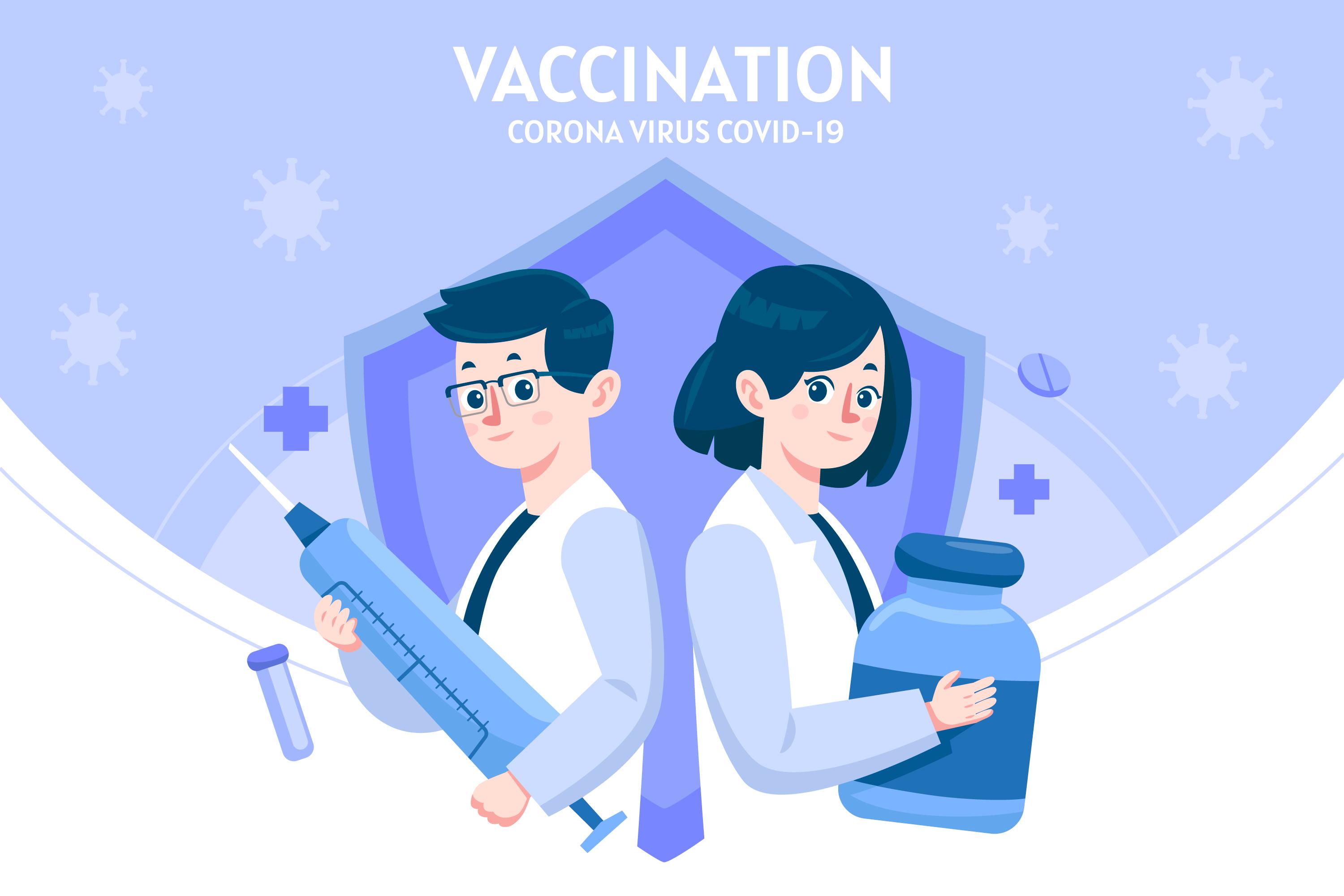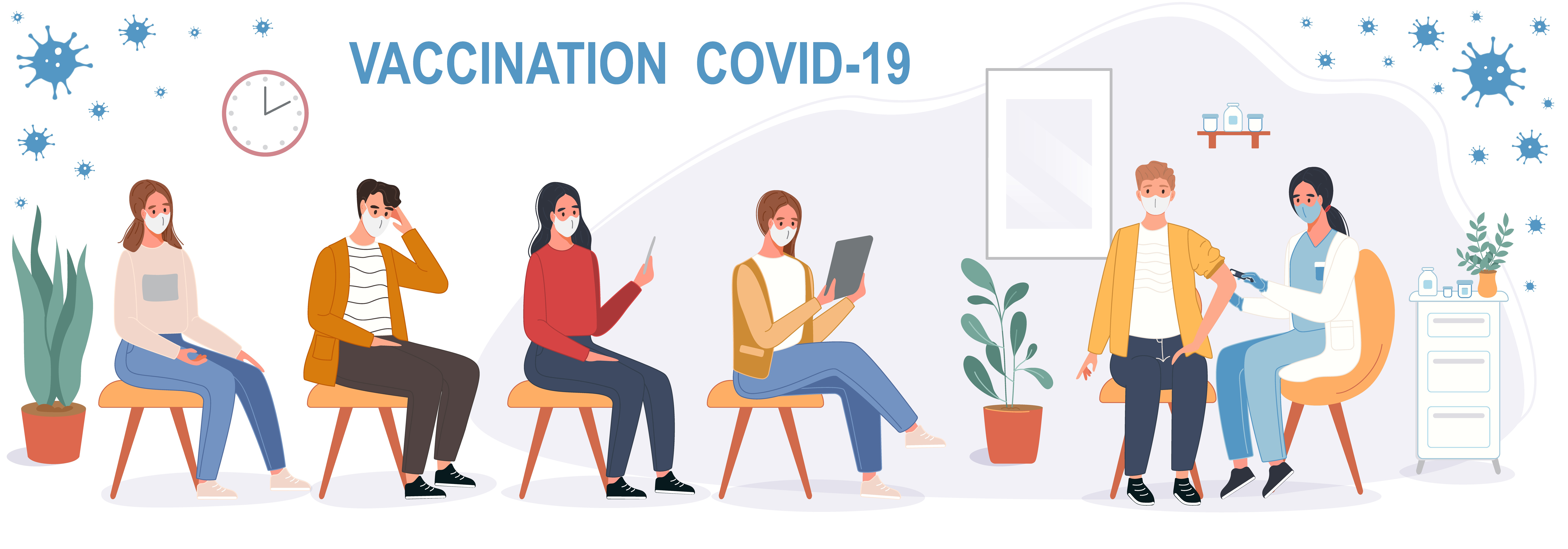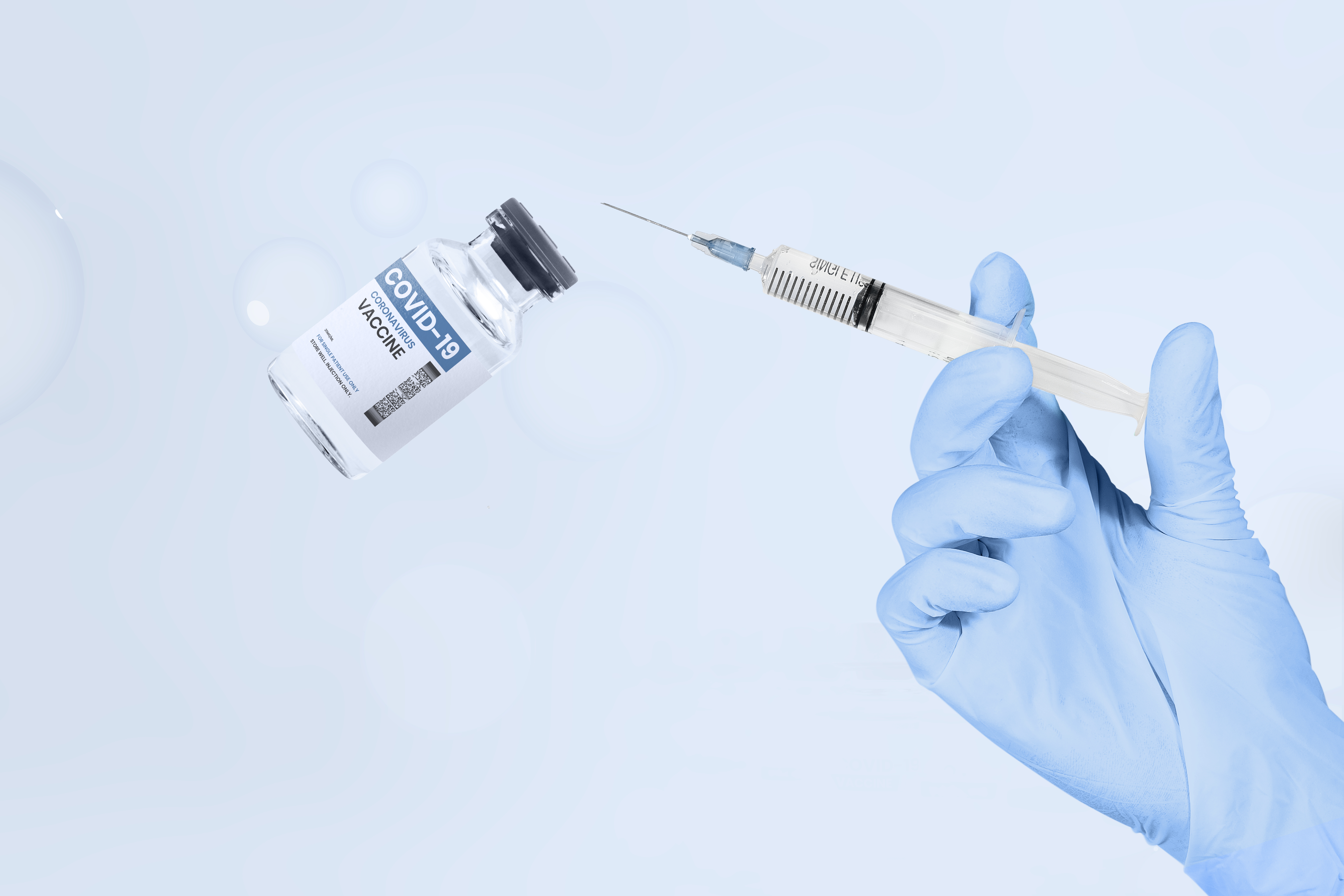

Your second Covid-19 dose is crucial because it provides better protection and higher effectiveness. According to studies cited by CDC (Centers for Disease Control and Prevention), data shows that a single dose of the Pfizer-BioNTech vaccine is between 60-70% effectiveness. However, with a second vaccine or booster it reaches up to 90% effectiveness. With the Oxford-AstraZeneca vaccine, single-dose efficacy is at an estimated 70% against symptoms for at least 90 days after the first dose.
The first dose allows the body to create an immune response whilst the second dose provides a booster that strengthens the immunity to the Covid-19 virus. Booster shots generally allow our immune system to retain the memory of the virus for a longer period. It is also important to have the second dose to prevent the efficacy of the vaccine dissipating into a flattened curve. However, currently, the only vaccine that needs a single dose is the Johnson & Johnson vaccine.*

According to data on Pfizer published in December 2020, the Pfizer-BioNTech vaccine provides approximately 52% effectiveness after the first dose. However, the true value lies between 29.5% and 84.5% according to an FDA document. For the Oxford-AstraZeneca vaccine, a single dose is 76% effective against Covid-19 with symptoms for at least 90 days or 3 months as published in the Lancet. The study authors reported that a single dose provides 100% protection against hospitalisations but the numbers were small.
For the Sinovac vaccine, the data from Brazil did show a 51% efficacy for symptomatic Covid-19 infection and 100% against severe Covid-19 and 100% against hospitalisations starting 14 days or two weeks after receiving the second dose. The first dose of the Sinovac vaccine provides very little or weak protection. Meanwhile, in Chile, the data showed that there is only 16% efficacy after a single dose of Sinovac and 67% efficacy after a second dose. The study also found 80% effectiveness in preventing death from Covid19 from two weeks or 14 days after the second dose.
You may receive your second dose of the Covid-19 vaccine later than usual, but it is best to be taken it at the advised time. Therefore, the clinical evidence for the Pfizer-BioNTech vaccine is to take it after 3 weeks whilst, for the Oxford-AstraZeneca vaccine, the timeframe is after 8 to 12 weeks as better efficacy after a 12-week gap.
For the Sinovac vaccine, it is to be taken ideally after 2 weeks from the first dose. However, if you receive the second vaccination shot either too early or later than recommended, you do not have to restart the vaccination series. As more data emerges, the guidelines will change with time. You have not been fully vaccinated if it has been less than two weeks since your first dose shot, or it has been less than two weeks since your second shot, or you still need to get the second dose of your two-dose vaccination.
Written by
Consultant Endocrinologist
Gleneagles Hospital Kuala Lumpur
This article was written on 25th June 2021 based on information available at the time*

Wait a minute

Wait a minute